
Partslink #: NI3010192

Partslink #: NI3010215

Partslink #: NI3010214

Partslink #: NI3010191
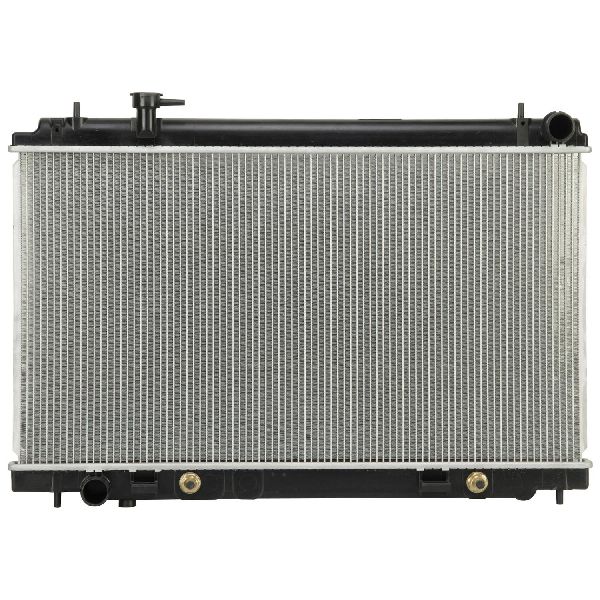
Radiator Cap Is Required
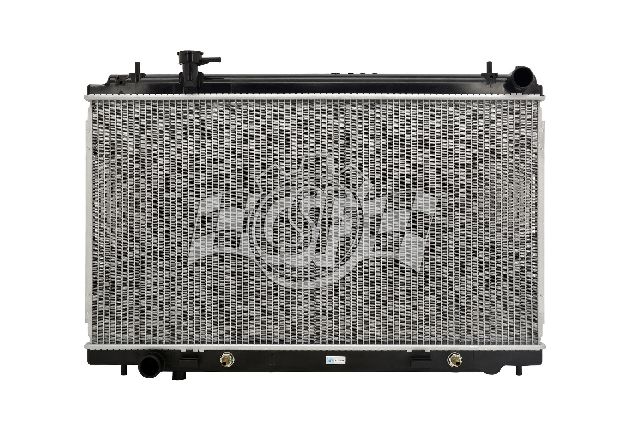
w/ Automatic Transmission w/ Manual Transmission Upgraded Model
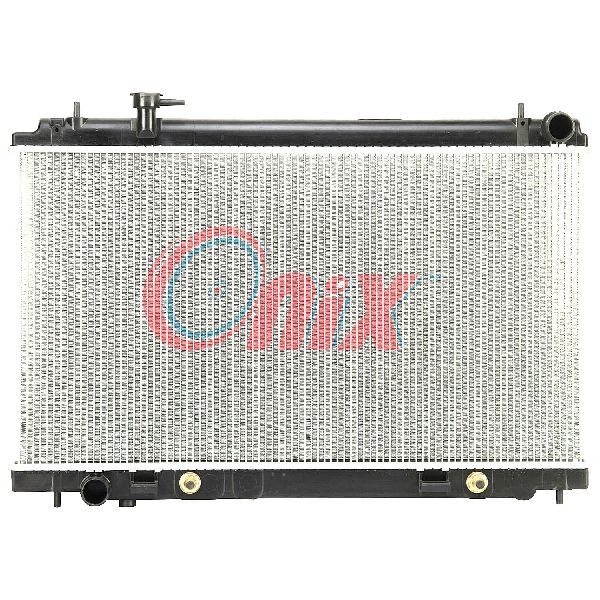
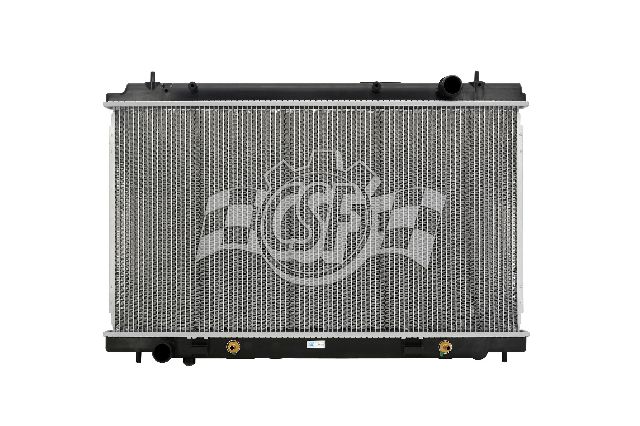
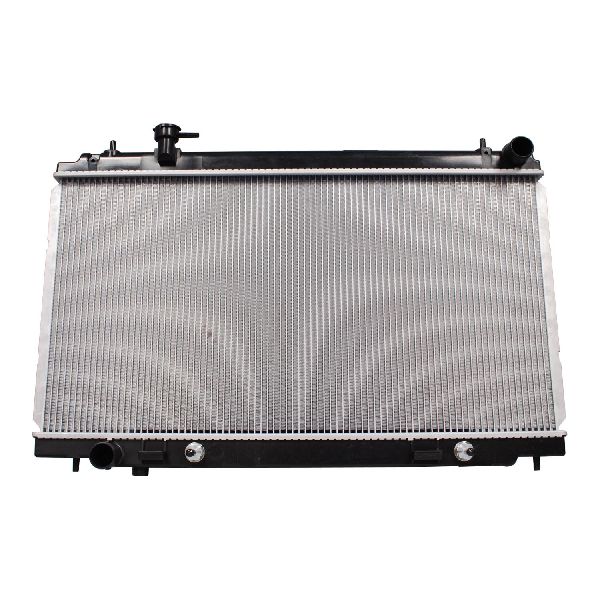
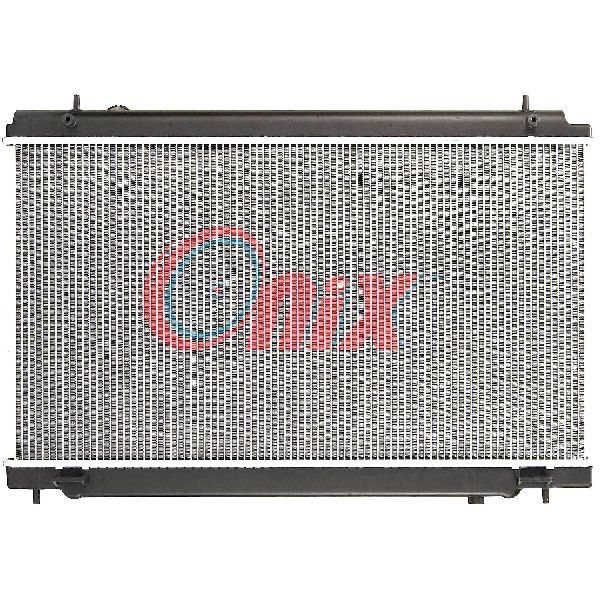


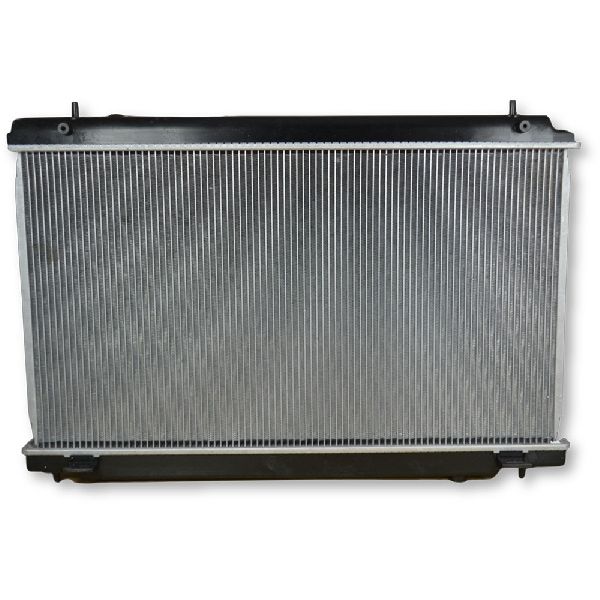
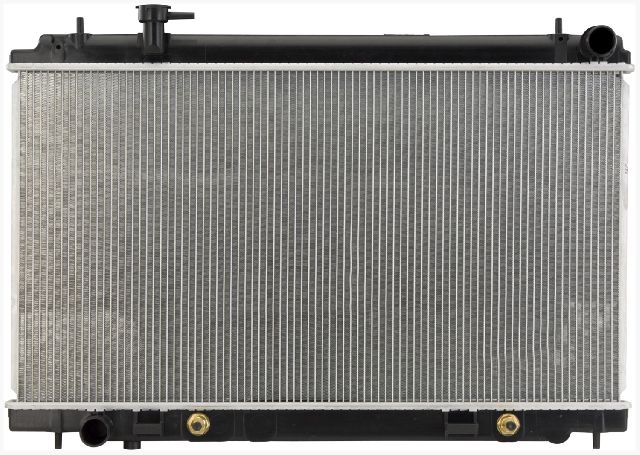
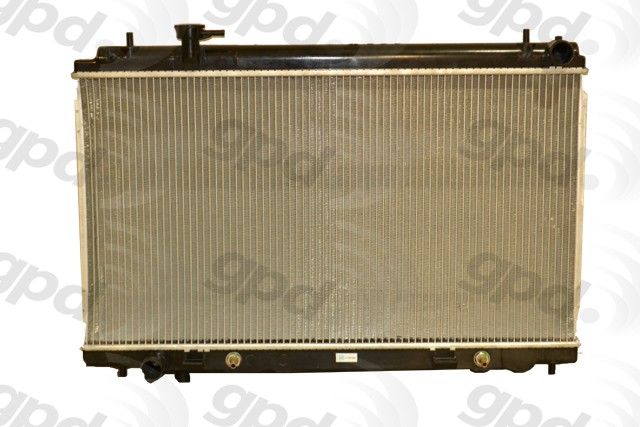
with Reference 21460-CD010
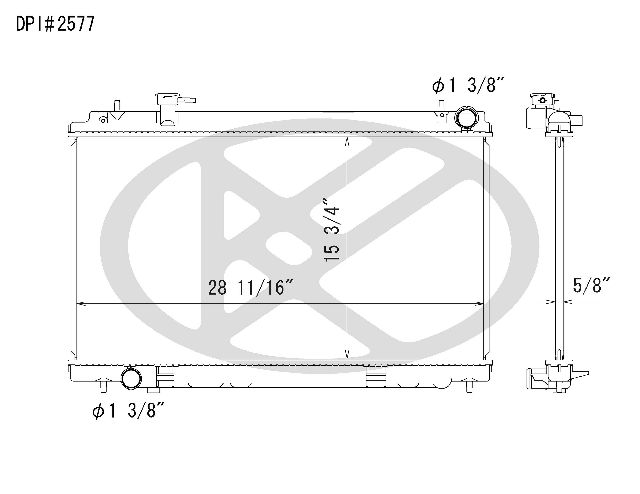
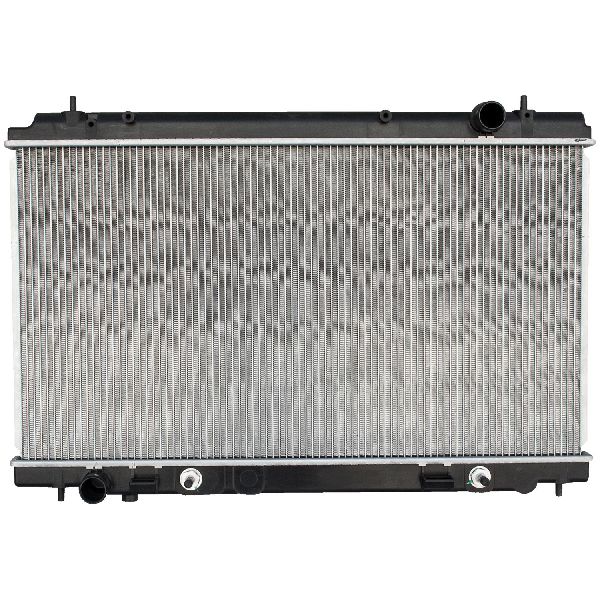
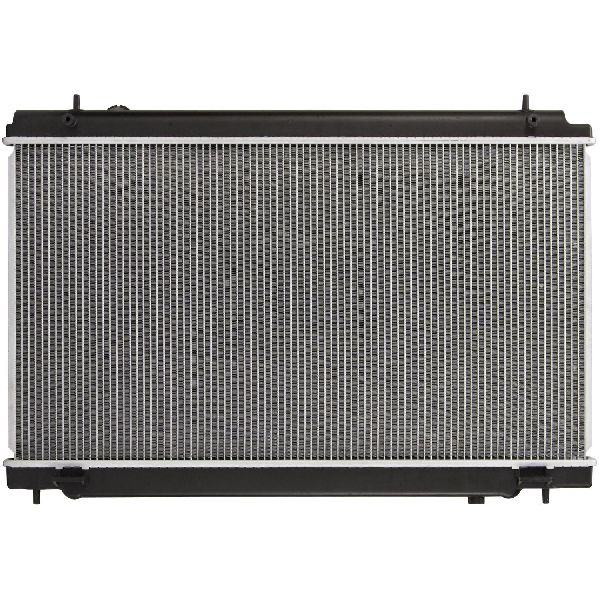
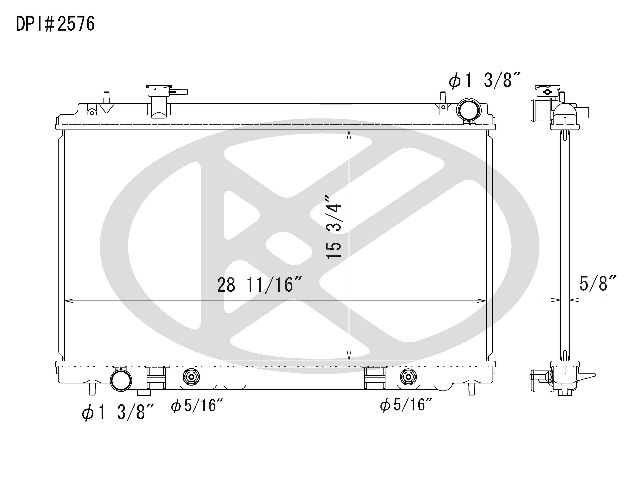
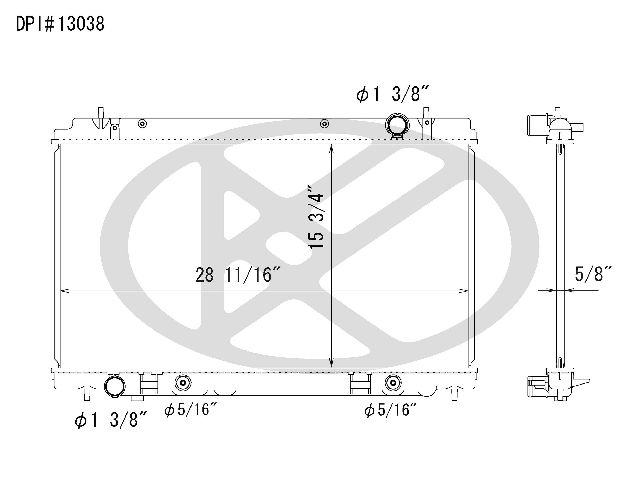

Partslink #: KIT-090823-09

Partslink #: KIT-120622-07
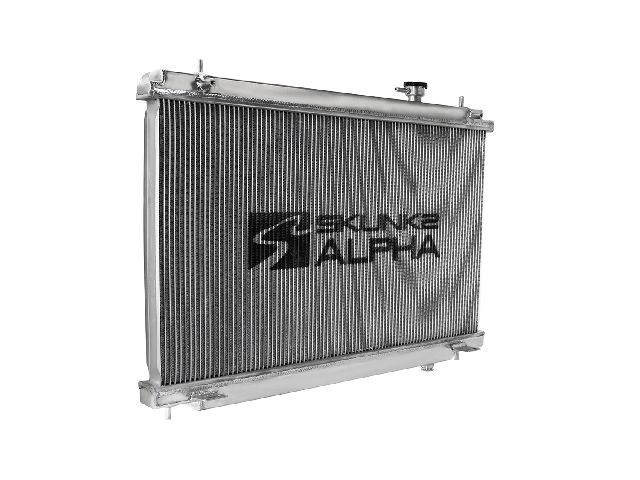
1.5 in. Inlet/Outlet; Dual Core Design; w/1.1Bar Cap; Aluminum

Partslink #: KIT-120622-08
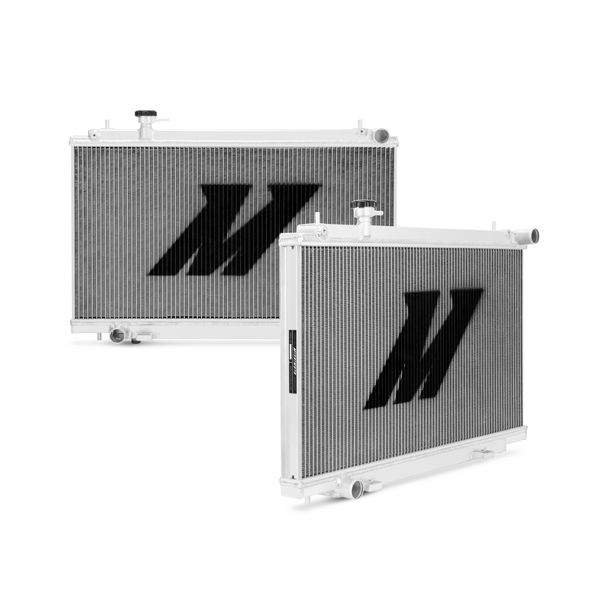
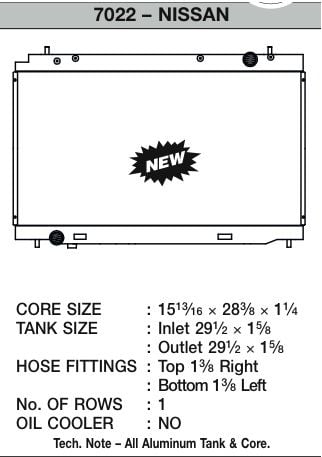
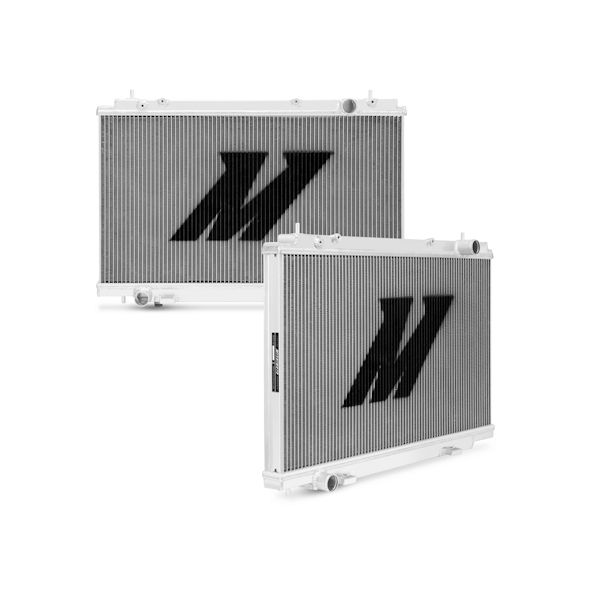
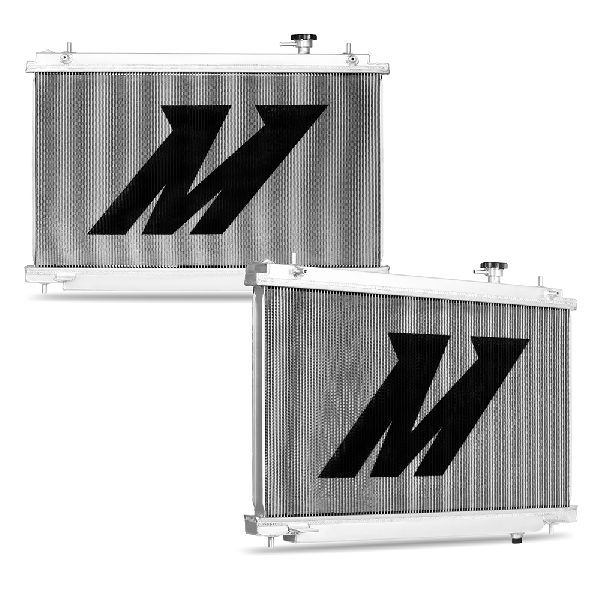
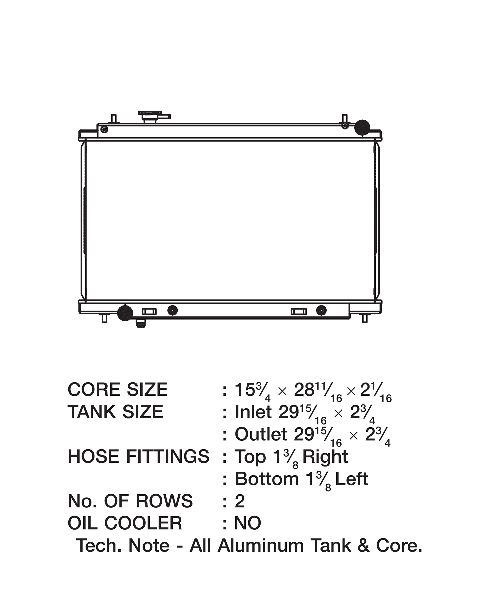
Your Go-To Place for Auto Parts!
Shop with confidence and peace of mind
Over 18 years of excellence
Meets or exceeds OE standards
Browse our selection of quality radiator parts designed specifically for your Nissan 350Z. We carry options across multiple trim levels, body styles, and engine configurations to ensure a perfect fit for your vehicle.
35th Anniversary Edition • Base • Enthusiast • Grand Touring • Nismo • Performance • Touring • Track
Convertible • Coupe
3.5L V6 • V6 3.5L
Automatic • Manual